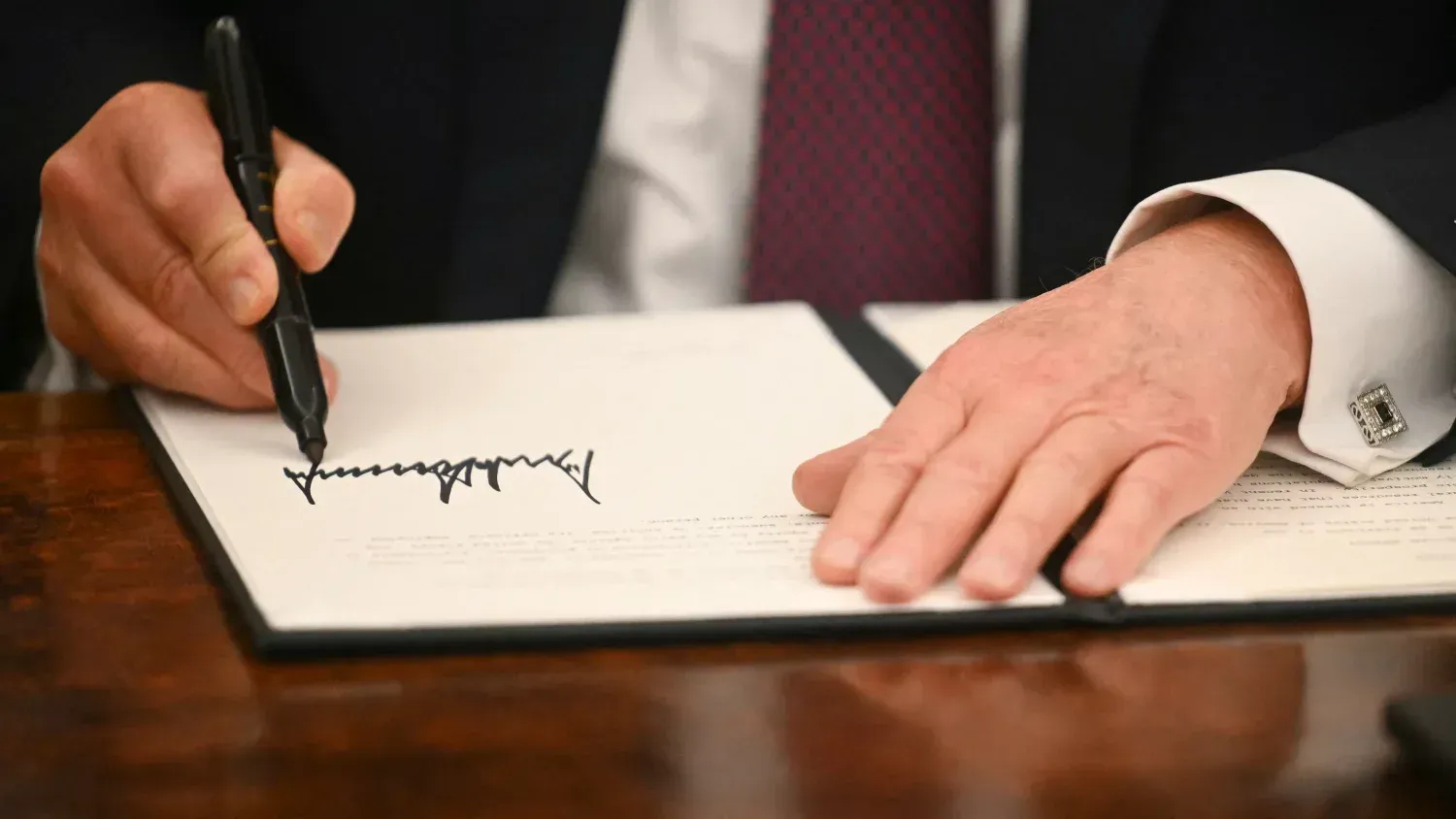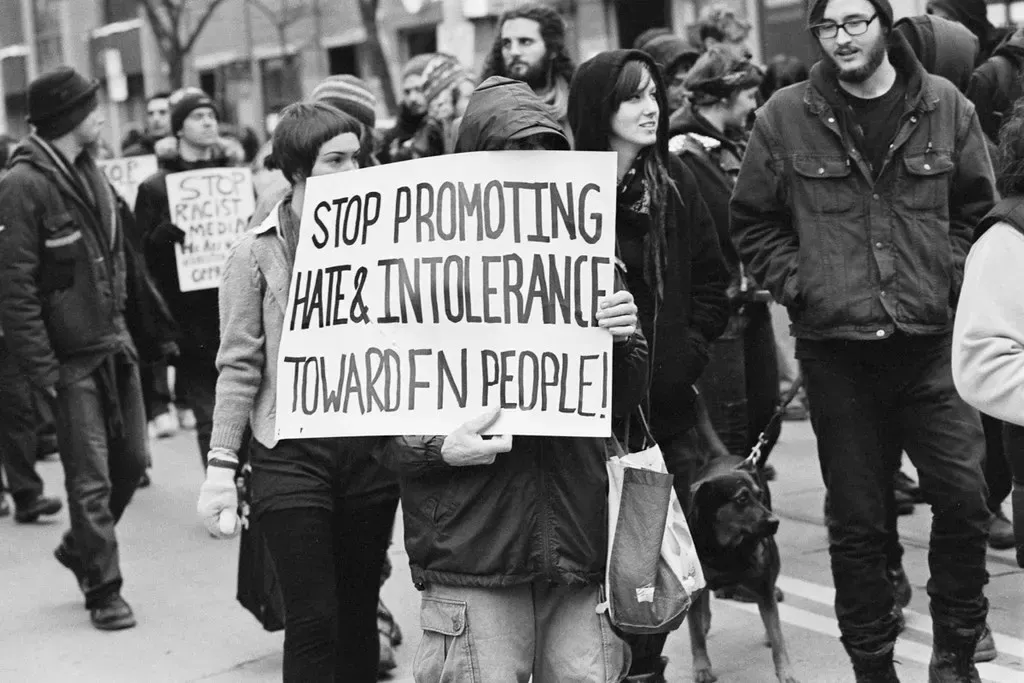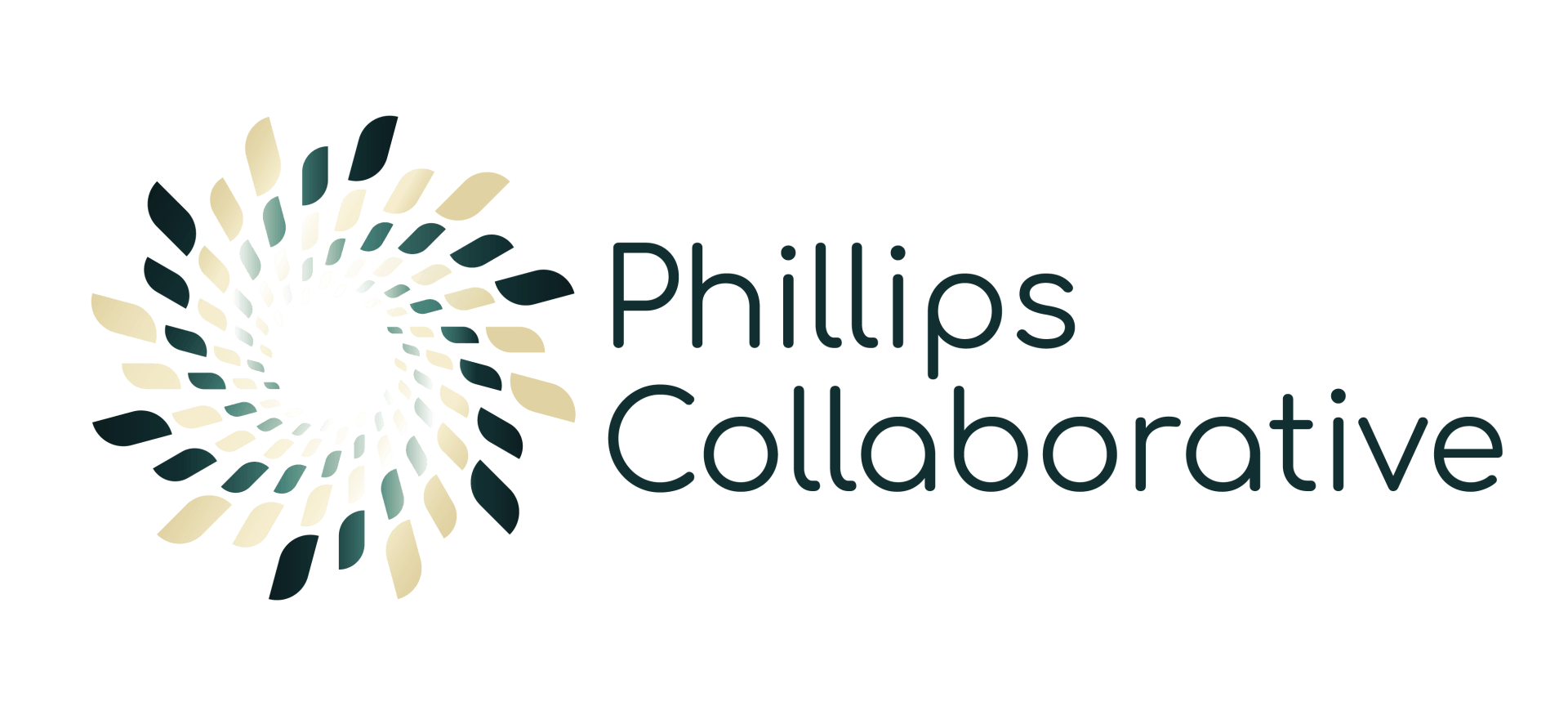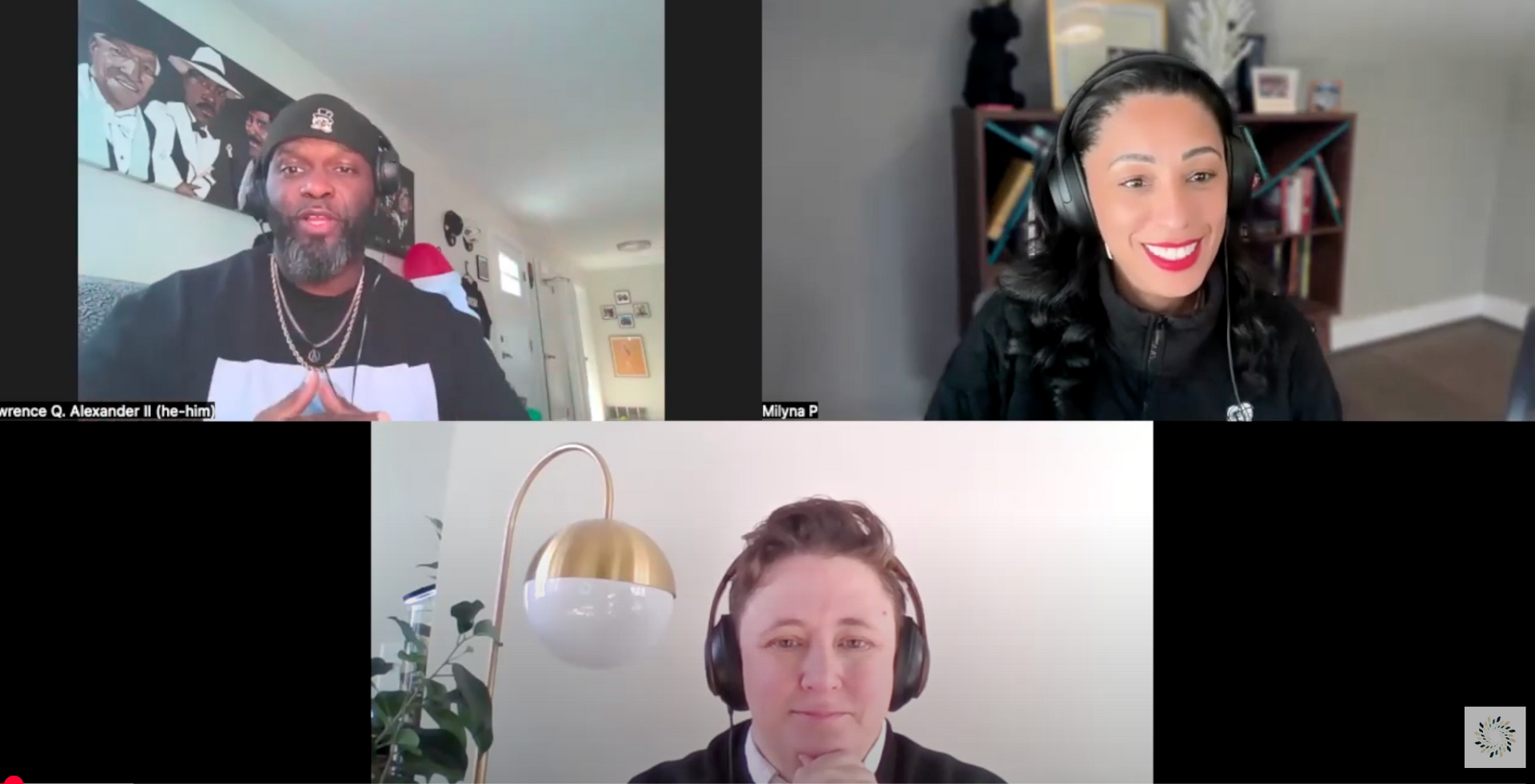An Election Cycle
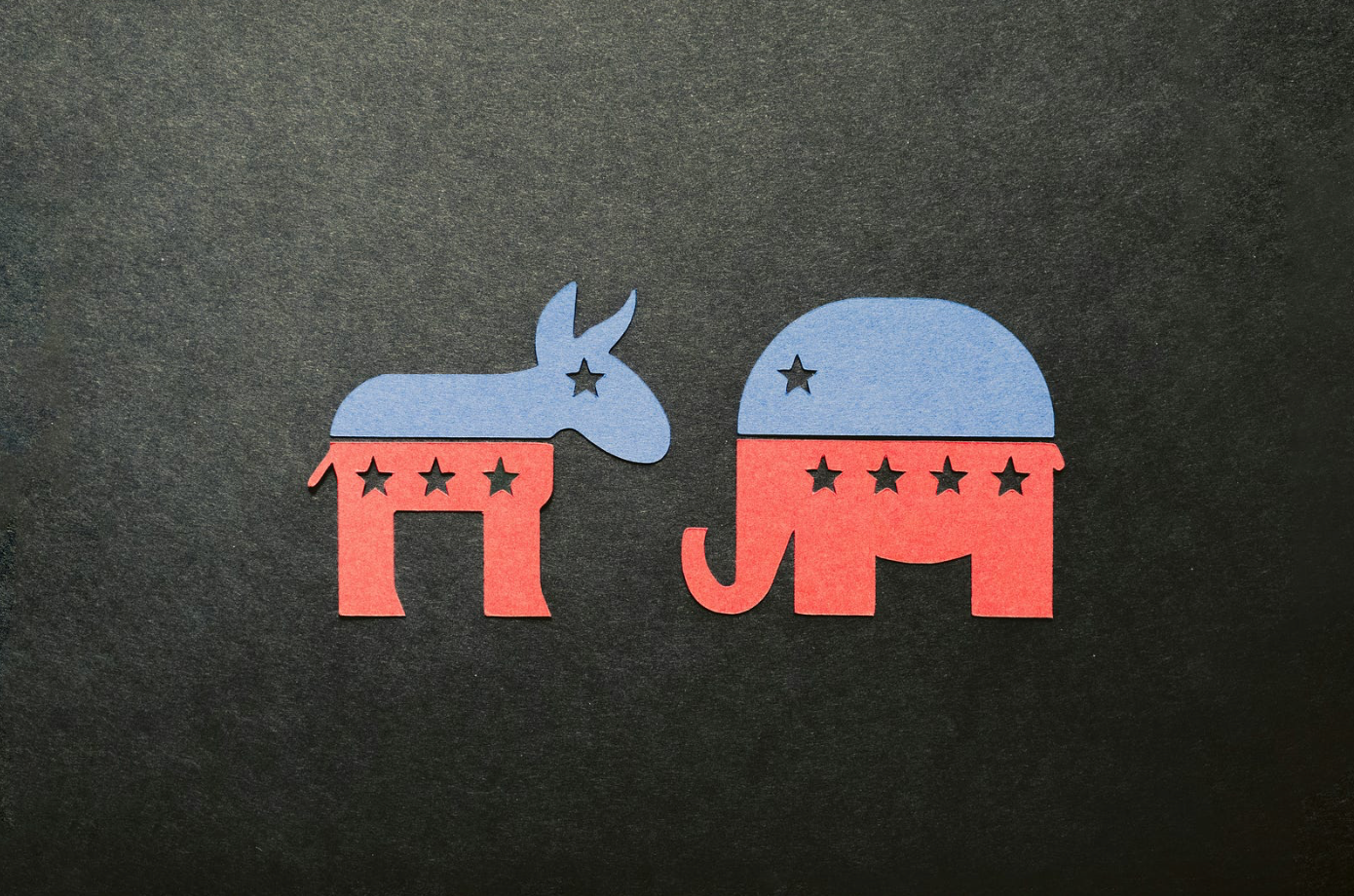
After the 2016 election, Richard Blanco wrote and published his poem, “Election Year.”
As an educator in a school, I was reeling. My students were spilt between feeling victorious and justified or feeling terrified. The only middle ground seemed to be apathy.
My peers who were not mourning with me cajoled, “Just wait. You don’t know anything bad will happen yet.” The ever wise Maya Angelou once said, “When people show you who they are, believe them the first time.” I wondered at how quickly conflict avoidance and/or internalized belief in systems of oppression let them forget her words. Others seemed frozen and unbelieving.
And now here we are. For the sake of brevity, I won’t explore depth of depravity we have allowed that has led us to an impossible situation in the voting booths, the denial of bodily autonomy, violence against human bodies, and acceptance of it. All as talk of justice and equality become, yet again, ghosts of innocence lives lost, hope denied, and dreams deferred.
So. How can we help? Because we all need help. At the center of change and resistance is joy and community—even in the face of seemingly impossible moments. This is where Phillips Collaborative thrives.
We see this moment as innately human. And, in order to not only survive but become active creators of our future, we must see and support all the levels that will allow us to feel empowered and connected rather than disenfranchised victims or apathetic observers. Here is how we do that:
1. Systemic and Personal: National policy and choices have deeply personal implications. Our work allows you to create systems of support for what many are holding inside that is deeply personal. There are and will be those on your campuses who are hurting and afraid. And there will be those for whom victory is more important than humanity. For the former, they need you to create a place where their fear and pain is acknowledge and perhaps even where they are safe. For the latter, it is an imperative that the humanity and implications be personalized in order for them to develop the empathy that is necessary to connect with everyone’s humanity.
2. In all honesty, the national rhetoric can be overwhelming. Its echo can seem too large—too beyond my personal scope. Where can I find power? Where can I feel like I have an impact? This is precisely what Phillips Collaborative brings to the table. We strive to support young people and their adult leaders to understand the ways that the local is also personal. And, very often, more accessible and in need of more powerful because it is where our impact can be immediately felt. We help your school or organization find ways to plug in locally. It is this first step that not only allows participants to feel the power of voice and vote but to also inspire long-term civic engagement. We have the opportunity in this moment of grandiose media coverage and bombastic politicians to create a generation of humanistic voters willing to start close to home—to be the first ripple for greater change.
I wonder if this is what Richard Blanco thought of when he wrote,
“Maybe it’s not just the garden
you worry about, but something we call hope
pitted against despair, something we can only
speak of by speaking to ourselves about flowers,
weeds, and hummingbirds; spiders, vines, and
a garden tended under a constitution of stars
we must believe in, splayed across our sky.”
Let us tend our garden together, talking of the closeness of possibility, even in the face of the improbable and seemingly impossible. Pitting our hope against despair.
